This post written and contributed by Maura Vega of the Fat Fueled Family.
If you’re a regular follower of ours, you may have heard Danny and I announce our partnership with Surterra Wellness or talk about medical cannabis. We are so grateful that this opportunity presented itself because it has been part of our mission to break the stigma around marijuana and its applications in the medical field.
There are many reasons why we are so passionate about changing the conversation around medical marijuana and focusing on responsible usage to treat certain ailments, one of them being my personal experience with mental health and standard treatment. Let’s dig deeper into some of these reasons.
The Opioid Crisis
Every day, more than 130 people in the United States die after overdosing on opioids. The misuse of and addition to opioids—including prescription pain relievers, heroin, and synthetic opioids such as fentanyl – is a serious national crisis that affects public health as well as social and economic welfare. The Centers for Disease Control and Prevention (CDC) estimates that the total “economic burden” of prescription opioid misuse, alone, in the United States is $78.5 billion a year, including the costs of healthcare, lost productivity, addiction treatment, and criminal justice involvement.
The issue has become a public health crisis with devastating consequences including increases in opioid misuse and related overdoses, as well as the rising incidence of neonatal abstinence syndrome due to opioid use and misuse during pregnancy. The increase in injection drug use has also contributed to the spread of infectious diseases including HIV and hepatitis C.
I have some personal experience working behind the pharmacy counter for three years as a technician, and I have witnessed firsthand the amount of people who come into the pharmacy with opiate prescriptions that are clearly addicted. This has been something that has always disturbed me and left me wondering whether there is a better way to treat these patients.
Mental Health Crisis
Suicide is the 10th-leading cause of death in the United States, and veteran suicide is a national concern. Research shows that mental illness is becoming increasingly common in the United States, affecting tens of millions of people each year. It is estimated that only half of them receive treatment. These statistics show that there is also a stigma surrounding mental illness and how we approach people with these disorders. I am very interested in any future research concerning medical cannabis and whether or not it may be useful in the case of mental health.
My Story
Thinking back on my life, I cannot remember a time when I wasn’t anxious or depressed. As a child, I didn’t know, nor was I aware, what was wrong with me, but I knew that I always felt different. This just made me isolate myself further and suffer in silence. I found other outlets such as dancing and exercise to help myself feel better, but this didn’t always work.
I lost so much trust in the medical system that day, and it is something that I still struggle with.
—Maura Vega
At some point during my college years, I ended up in the chair of a psychiatrist who, to no surprise, prescribed me Klonopin and Paxil. I must have sat in his chair for no longer than ten minutes. I was in tears expressing my desperation to feel better but, in return, I was met with indifference and a prescription. This left me feeling more isolated and alone than ever. It was in that moment that I realized there wasn’t much help for people like me. I had to do my own research and try to help myself. I lost so much trust in the medical system that day, and it is something that I still struggle with. It shouldn’t be a surprise that the meds didn’t work. The Paxil made me feel like a walking zombie and the Klonopin just knocked me out. Surely, this was no way to live, so I discontinued the medications.
Over the next few years, I met my husband, got married, and we had our first child. We were both on a journey to find optimal health through diet and exercise. We learned how effective diet and exercise can be as an alternative to therapy for people who experience symptoms on a daily basis. It was smooth sailing for a few years. I became pregnant with my second child and had the picture perfect pregnancy and labor. My diet was impeccable and I was still doing modified CrossFit workouts throughout.
After I gave birth, something changed inside of me and the scariest part was I wasn’t even aware of it for months. Shortly after having my second son, we moved 4 hours away from our hometown. I had no idea at the time, but I was suffering from postpartum depression. Being away from family and friends made it easy for me to live in isolation and denial. I chalked up my symptoms to being “normal” for having two children. I would tell myself that “this is probably what all mothers go through,” and that I should “suck it up.” I had no motivation to exercise and wasn’t eating nutritious foods anymore. I would stay inside for days in pajamas, sometimes in the dark without opening any blinds. I don’t remember how it came to me, but one day I just told my husband that I thought I needed help. I realized my son was 6 months old and that the way I had been feeling wasn’t normal. He put me in contact with a trusted OB/GYN office and I was prescribed Zoloft. The next two years are kind of a blur. I see pictures of myself but I can’t remember being there. Zoloft didn’t make me happy. It made me numb.
It is a miracle that he came out of the accident with no broken bones or serious injuries, but the trauma and pain we all suffered as a family was real.
—Maura Vega
Thankfully, my husband and I found that low carb lifestyle could give me significant relief from symptoms without the use of anti-depressants. Although I’ve found relief from depression, I still have generalized anxiety that can interfere with my life from time to time. Last summer, my family experienced one of the scariest things possible. I received the call every parent fears. My youngest son, Dean, who was four at the time, had been run over by a pickup truck in our neighborhood. It is a miracle that he came out of the accident with no broken bones or serious injuries, but the trauma and pain we all suffered as a family was real. Since then, I have suffered with PTSD and anxiety about my children’s safety.
This brings me to medical cannabis.
I’m extremely grateful to live in a time when there is so much research being done on all types of medications. Because of this, the medical community is now learning so much more about the different applications for this incredible medicine. Medical cannabis can give me relief from my symptoms without the negative side effects that come with common prescription medications.
A few weeks ago, I had my initial consultation with MMTC clinics. I wasn’t sure what to expect, but I was excited. My experience with MMTC clinics was life-changing. For once, I sat in the chair of a physician who took the time to get to know me and my background, and who expressed genuine care and desire to help me. I never felt rushed or invisible. The doctor was knowledgeable and took the time to educate me on dosing, schedules, and how to track symptoms. This is the relationship I have always wanted to have with my doctor. I finally found a doctor who cares about getting to the root cause of an issue instead of just treating symptoms. I am excited to start my treatment and will be keeping people posted on my progress over the next few months on my social media pages.
My husband and I are leading a movement to help families get educated and healthy. Our partnership with Surterra is another way we strive to educate the community. Over the next several weeks we will be speaking with several incredible doctors and advocates on our podcast to educate and spread awareness to the community about medical cannabis. Sharing my story is just another way I hope to demystify medical cannabis and empower people to take a more active role in their health and ask their doctors about medical cannabis.
Follow my journey:
IG: @fatfueledmom
FB: /fatfueledmom
YT: /fatfueledfamily
.svg)





.jpg)




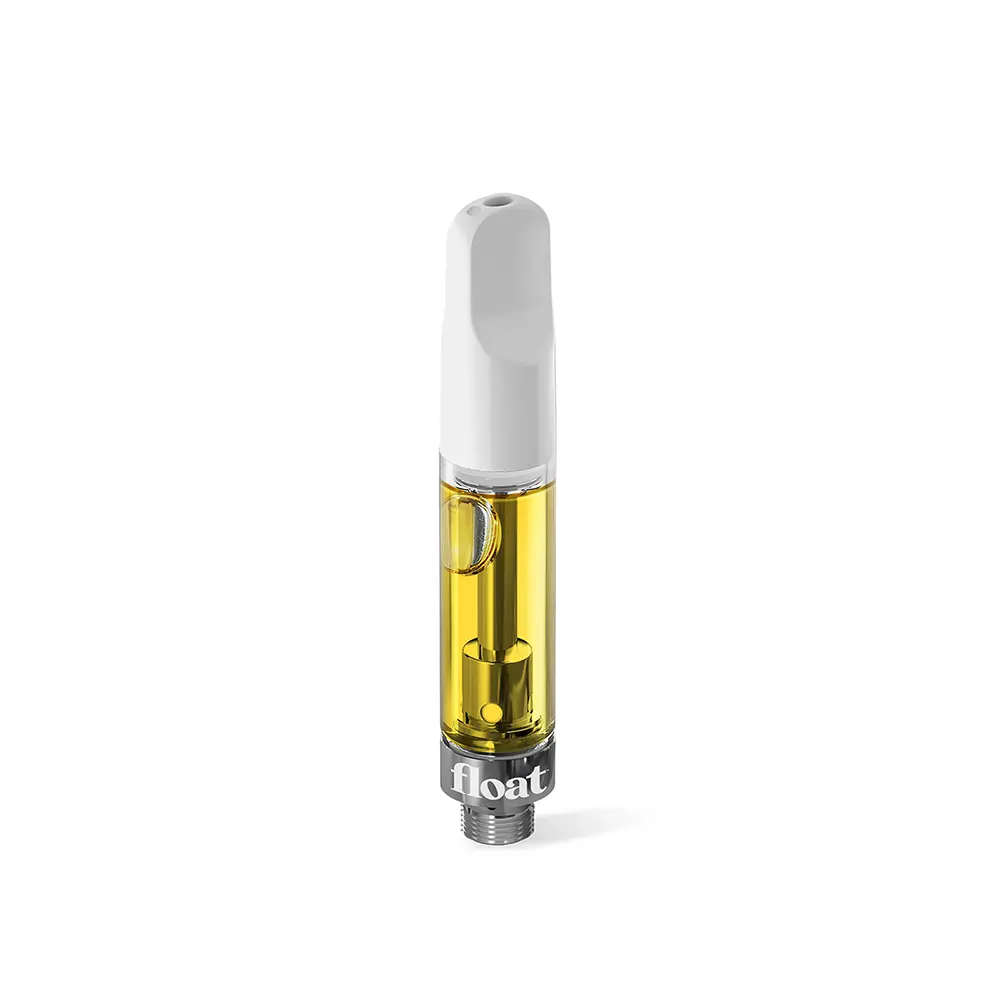
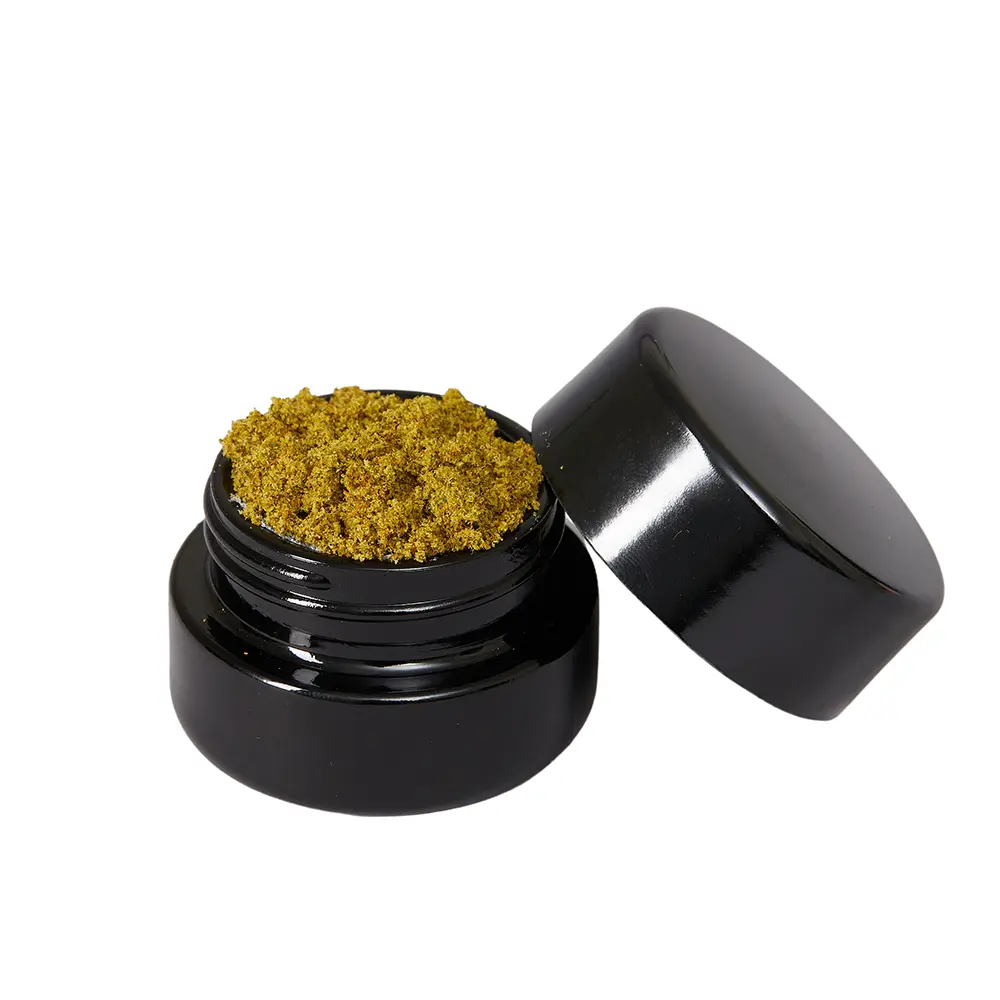
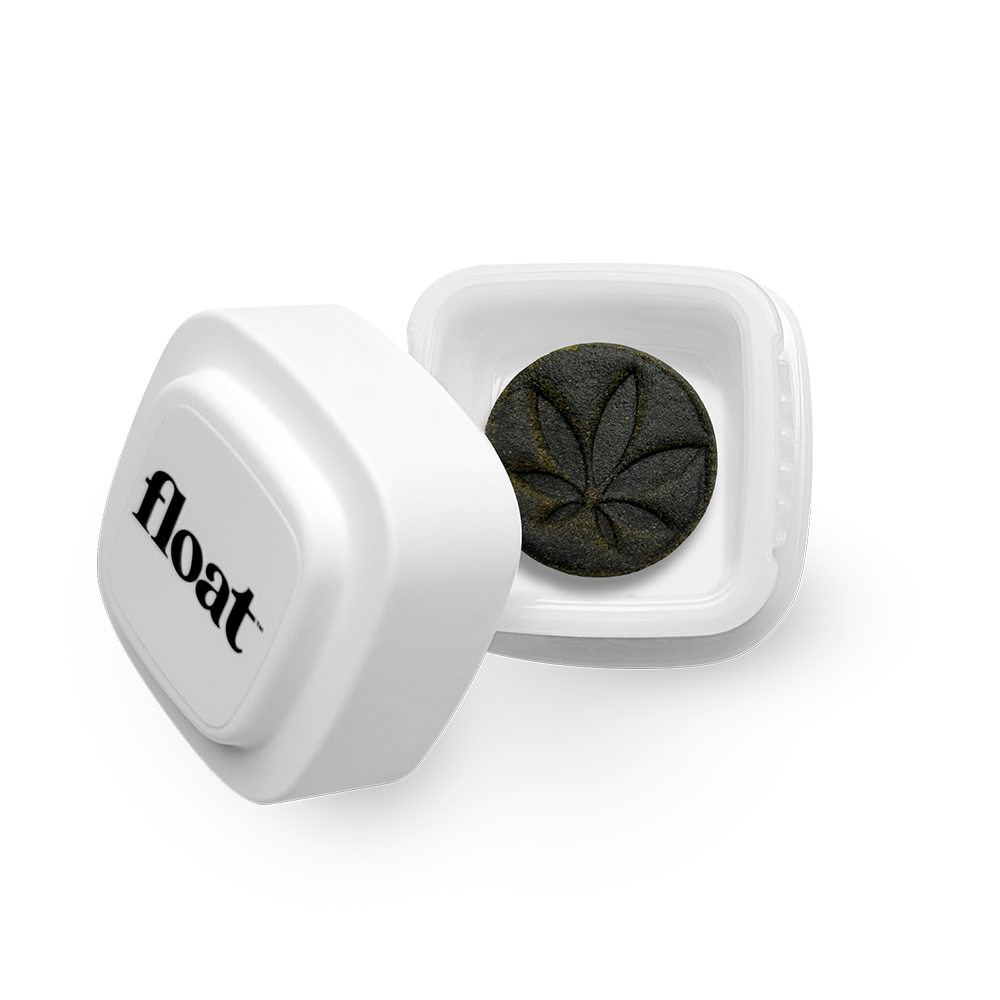

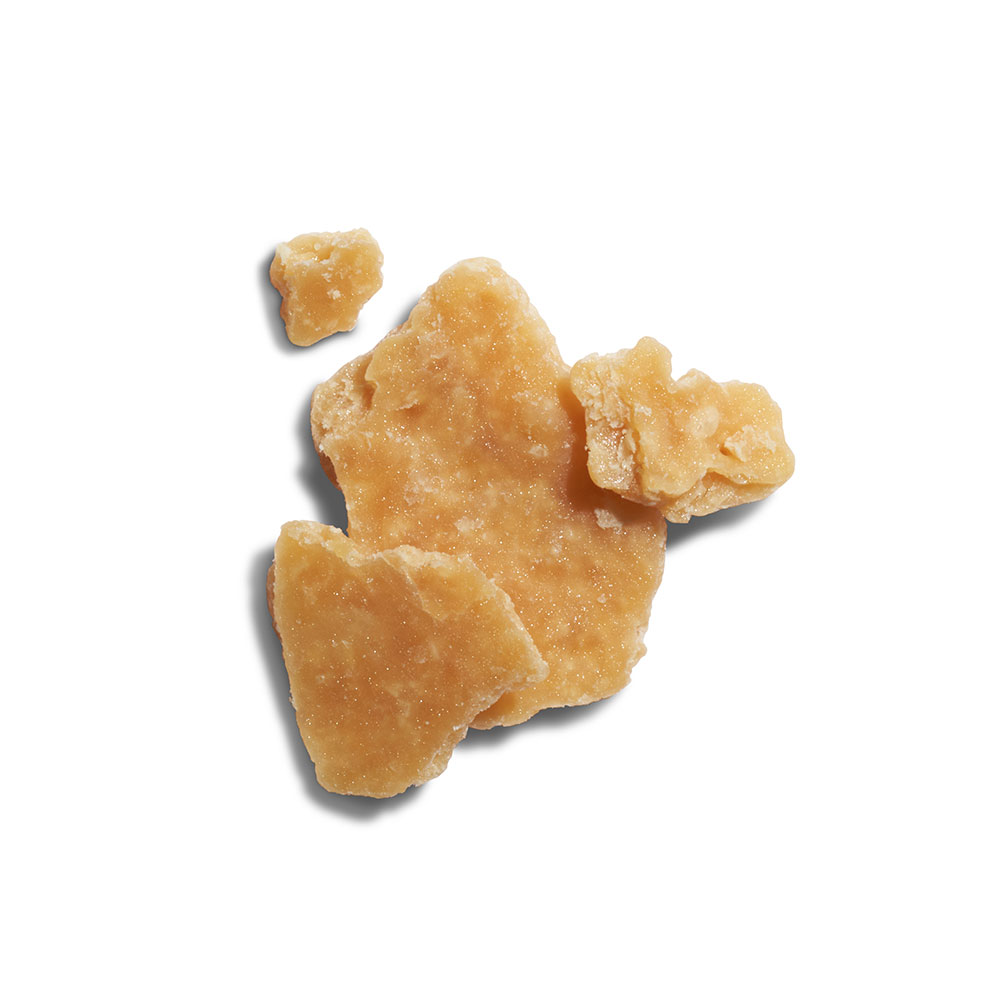
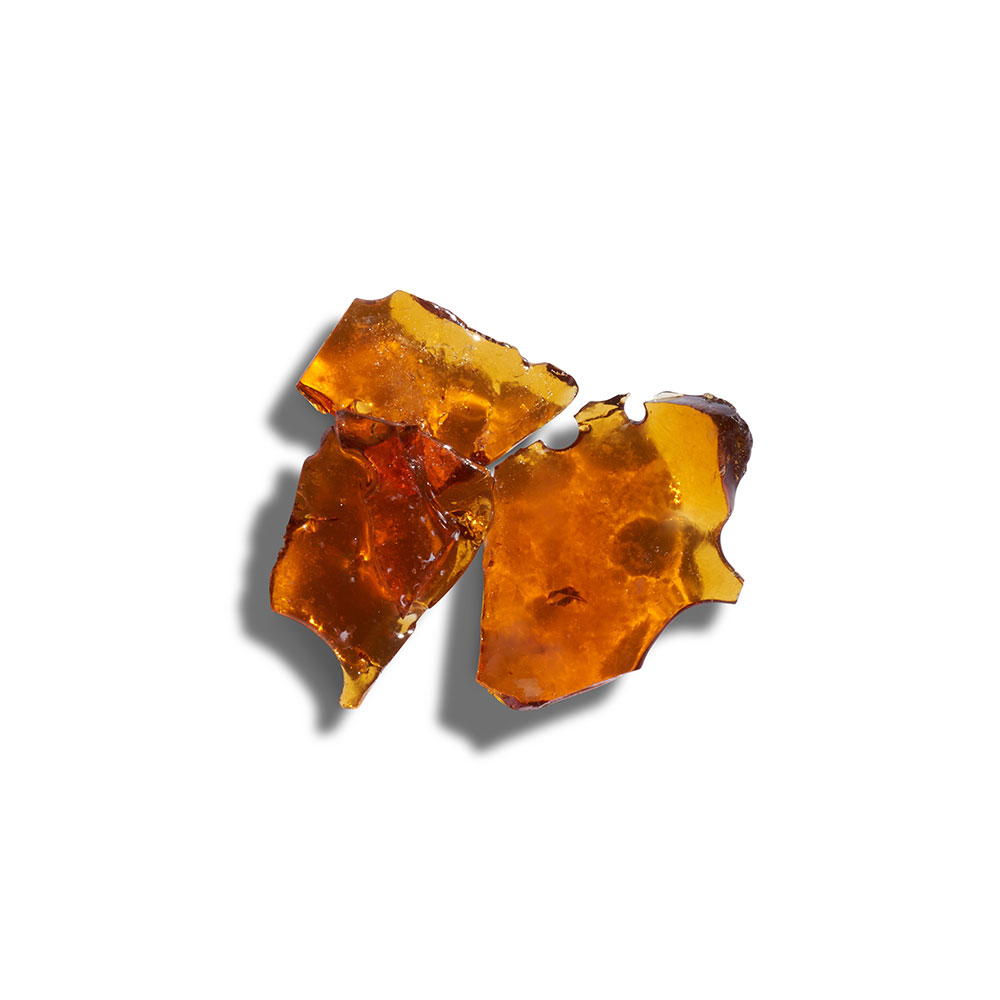
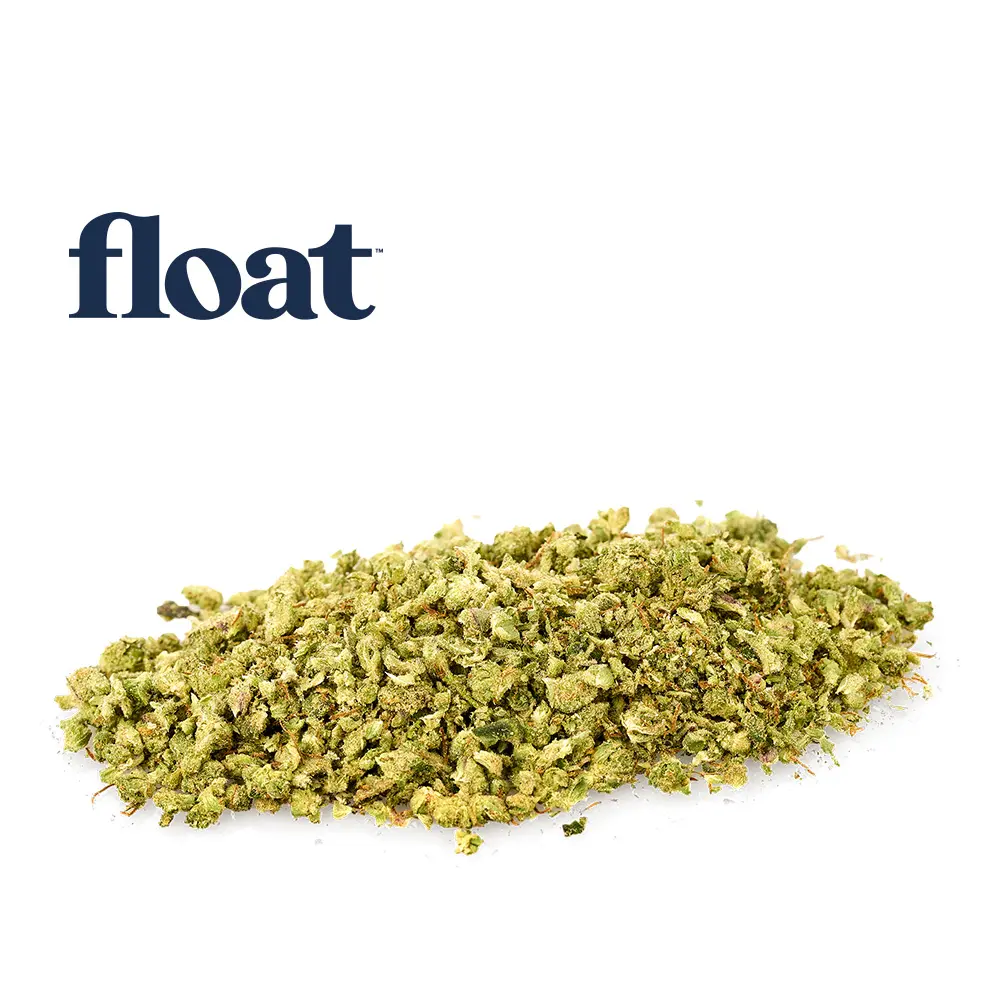
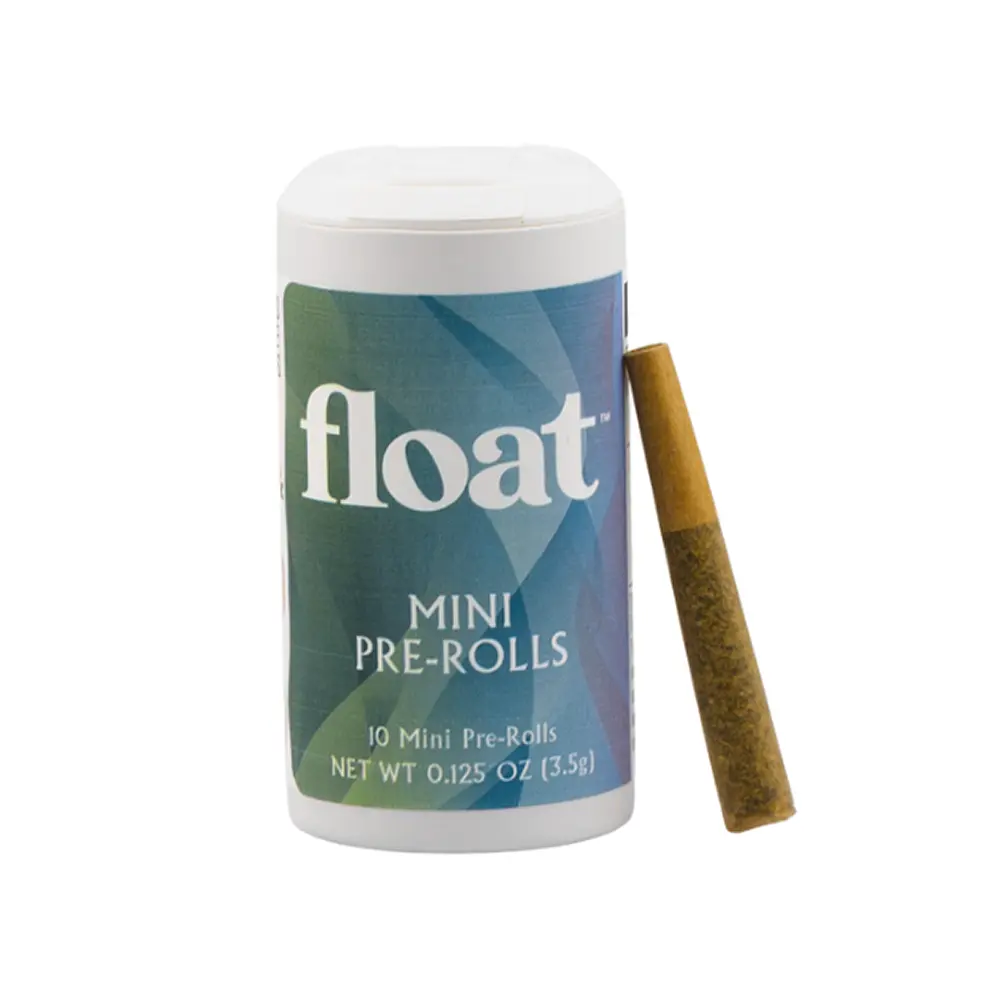
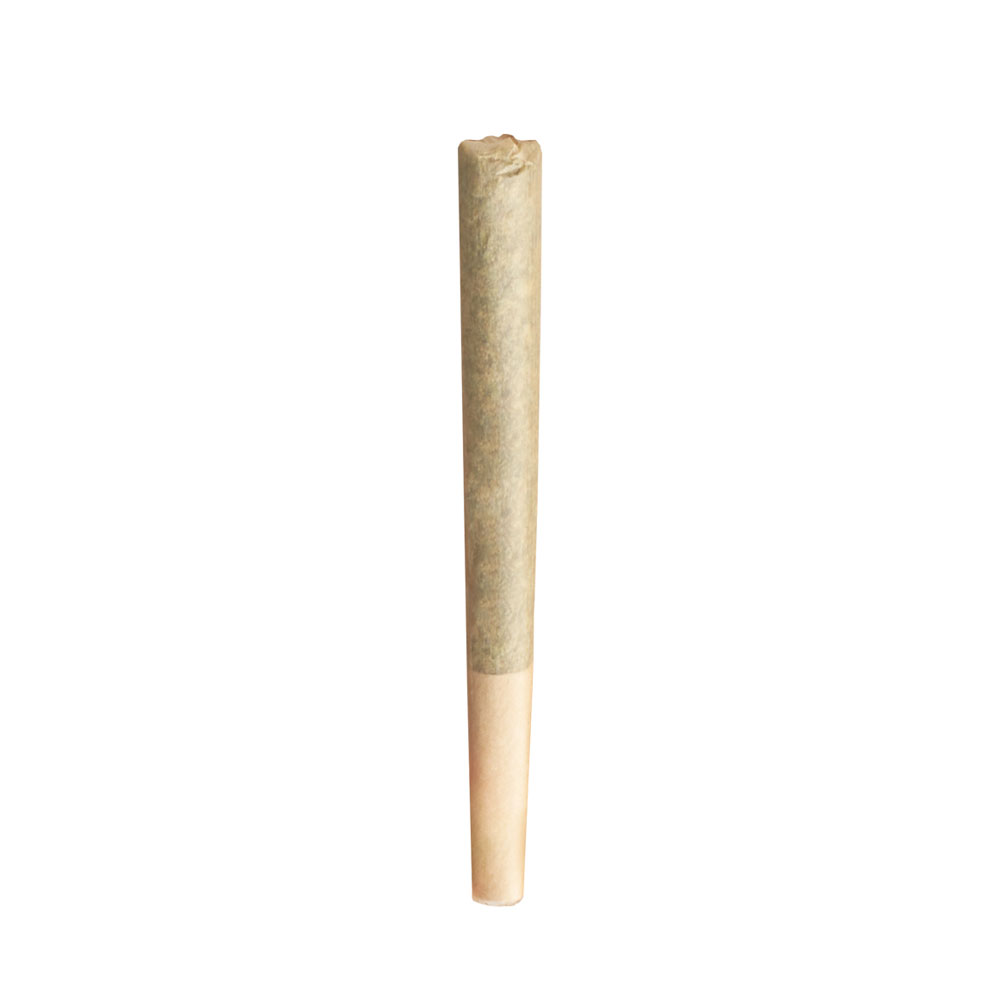
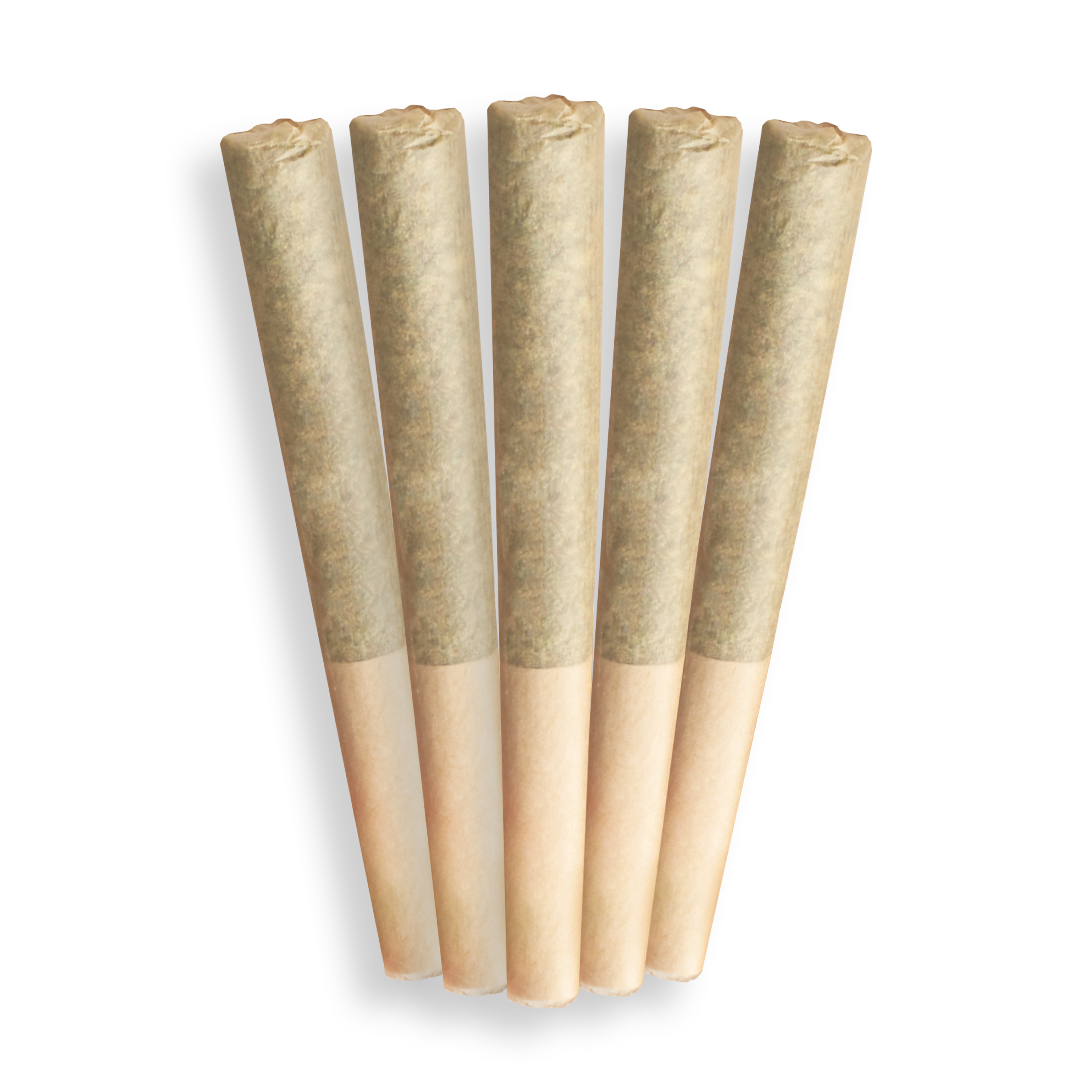
.webp)
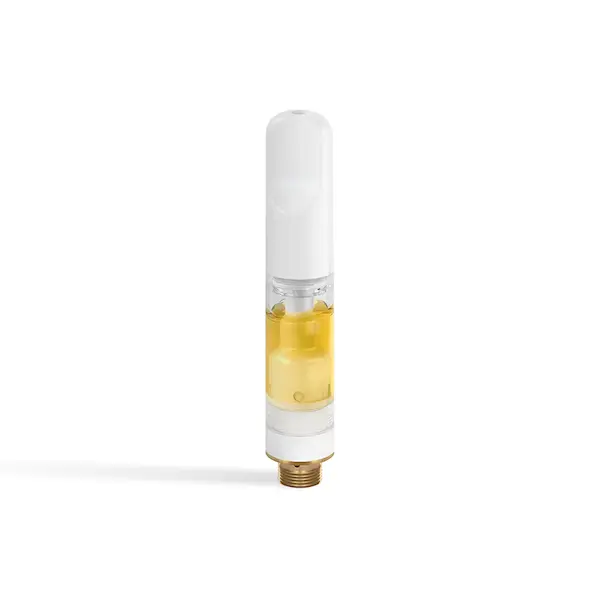
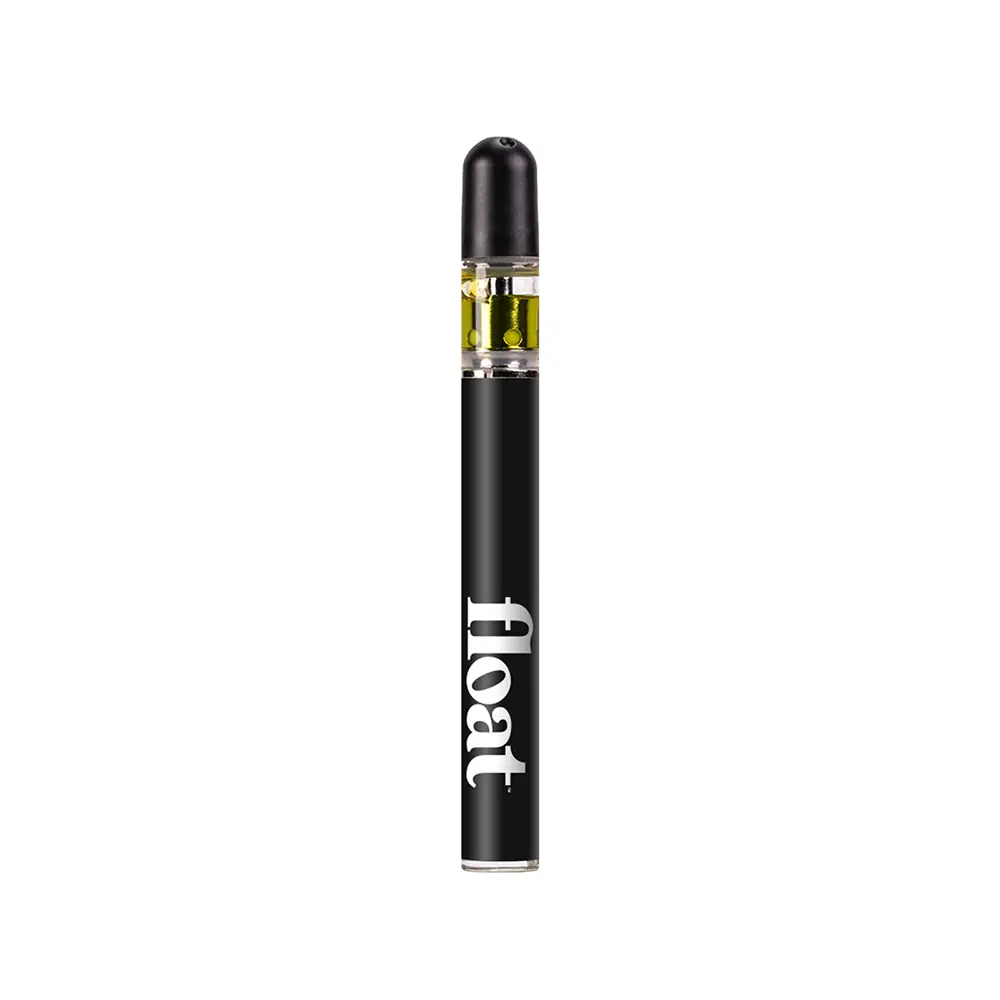
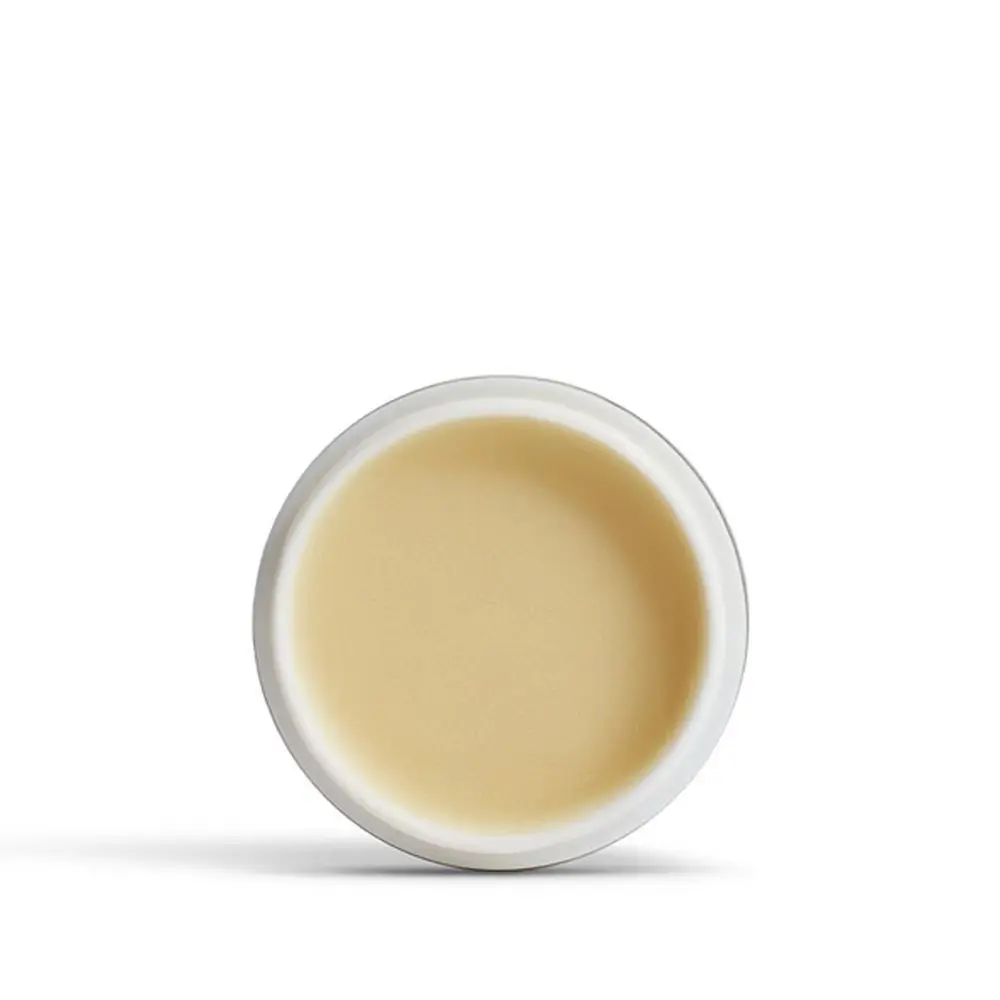

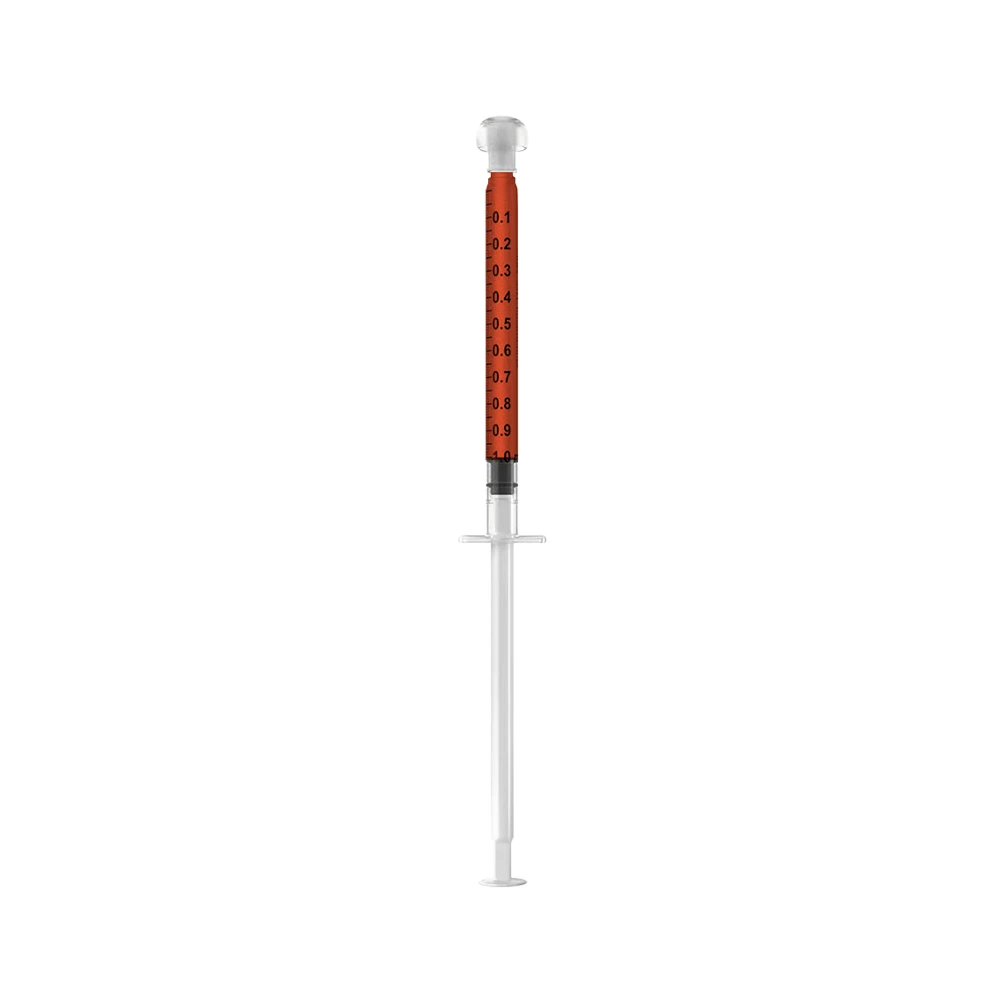

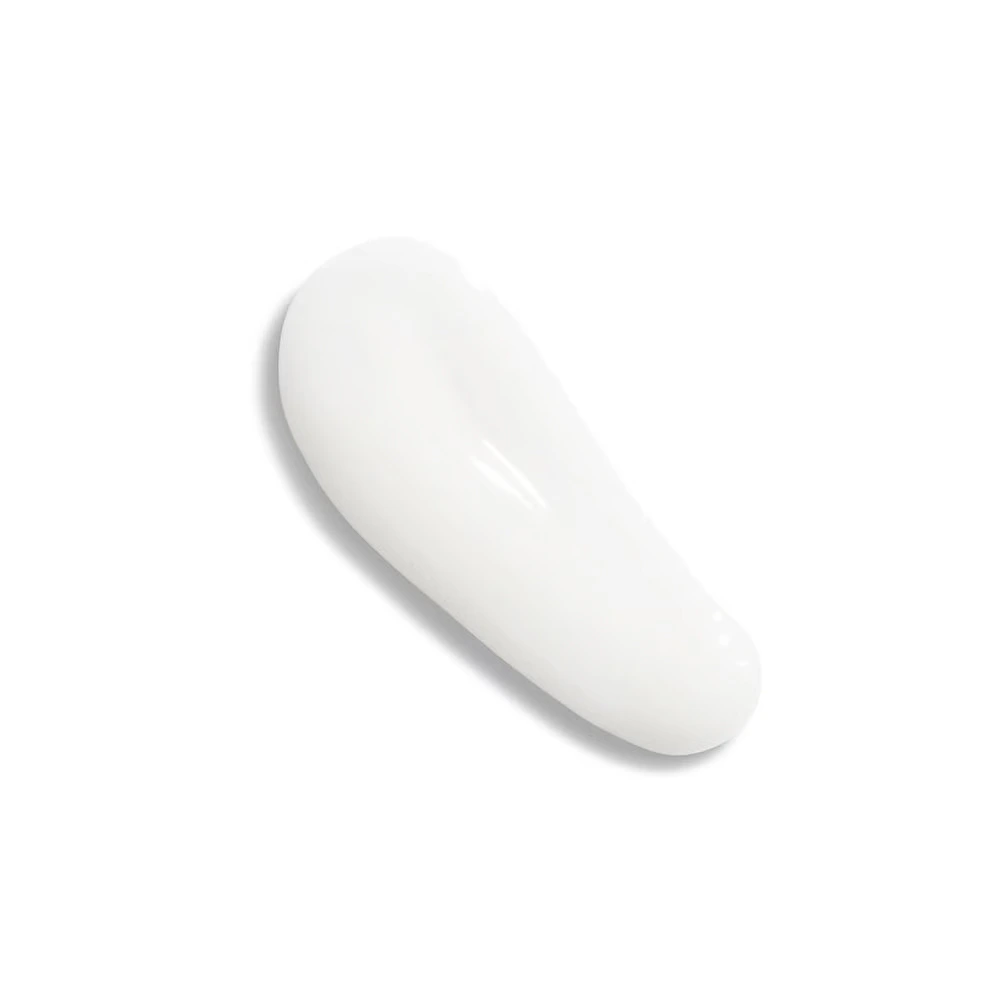
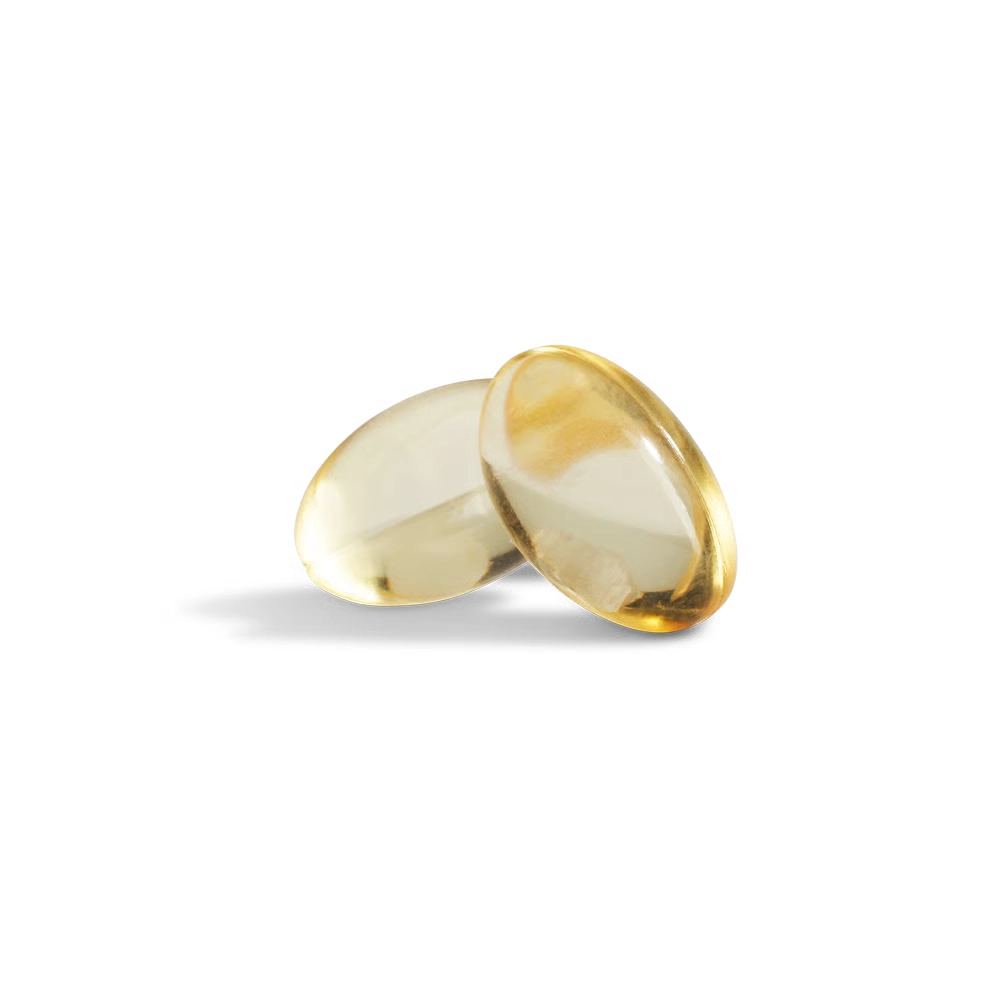
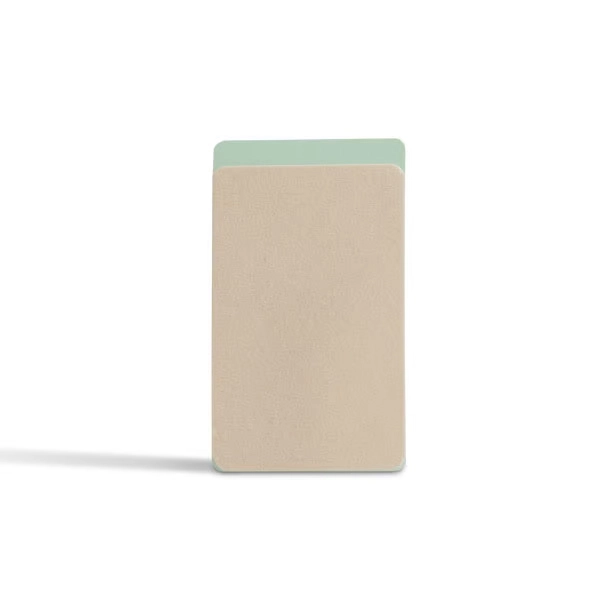
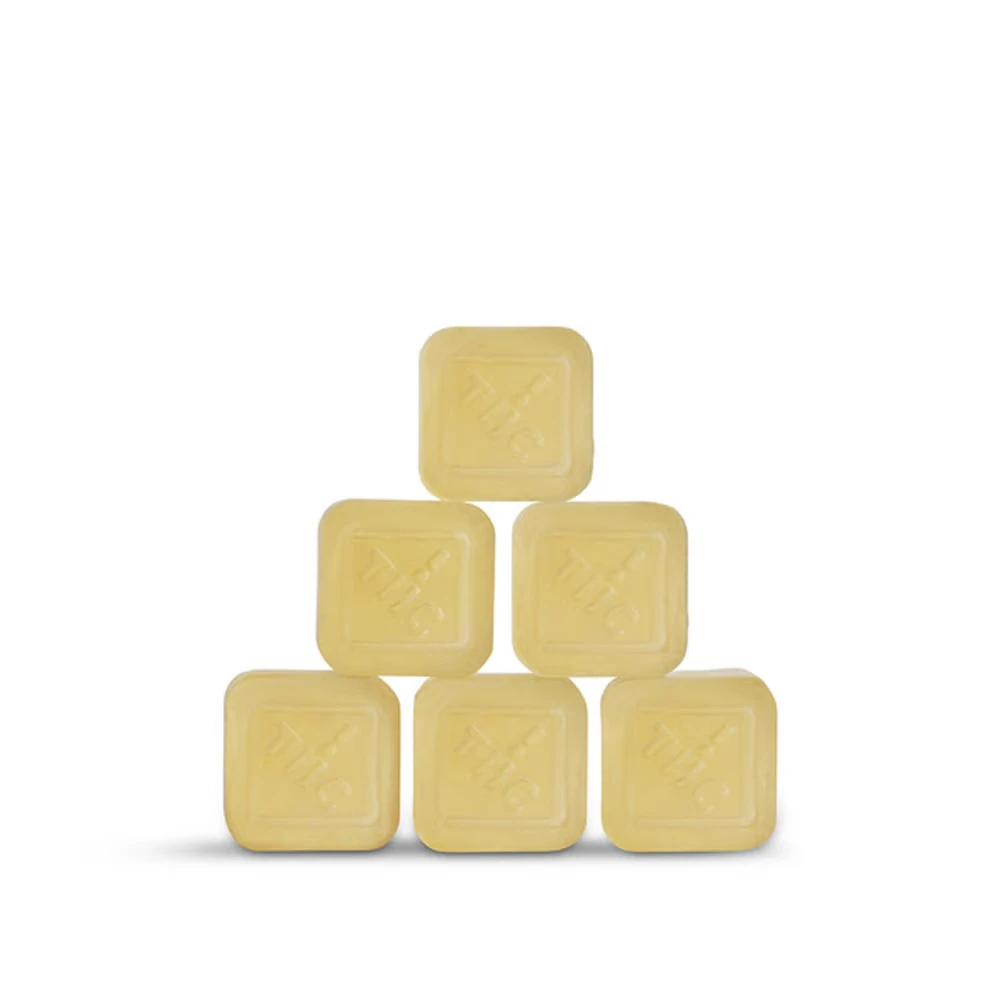
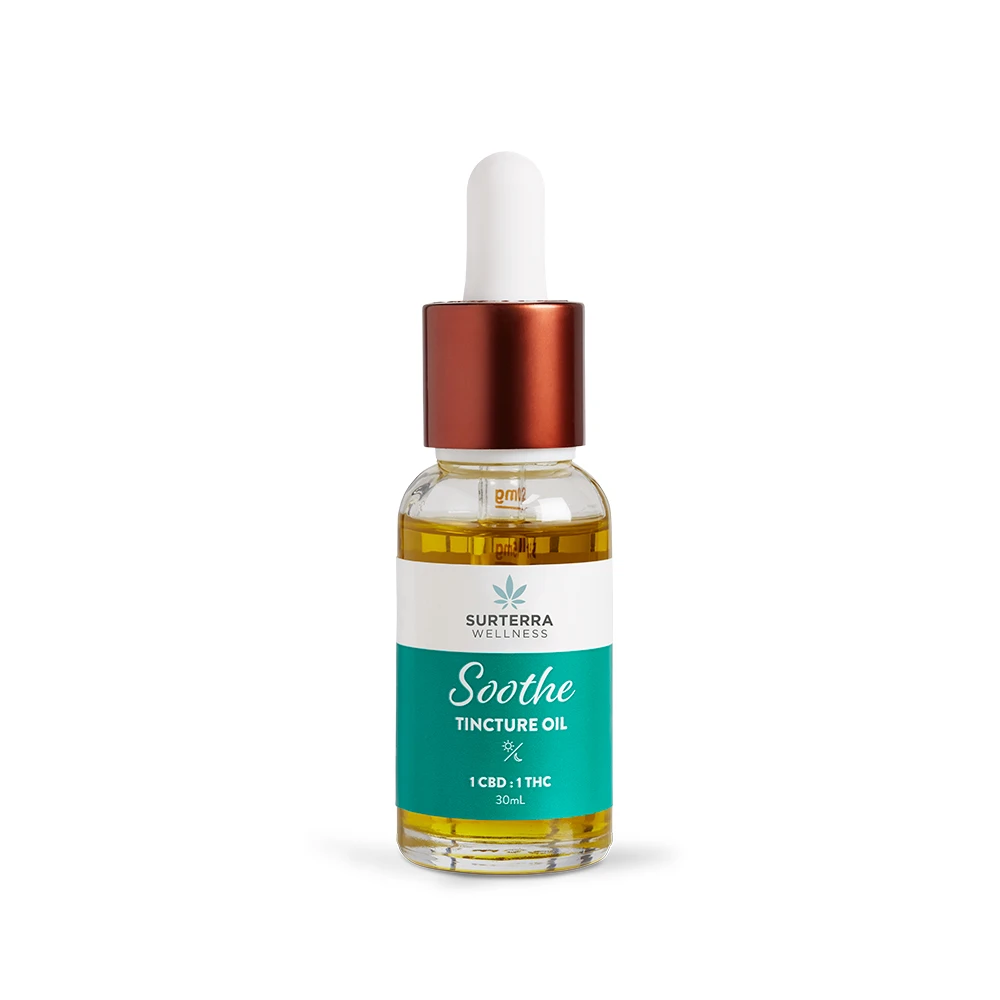
.webp)

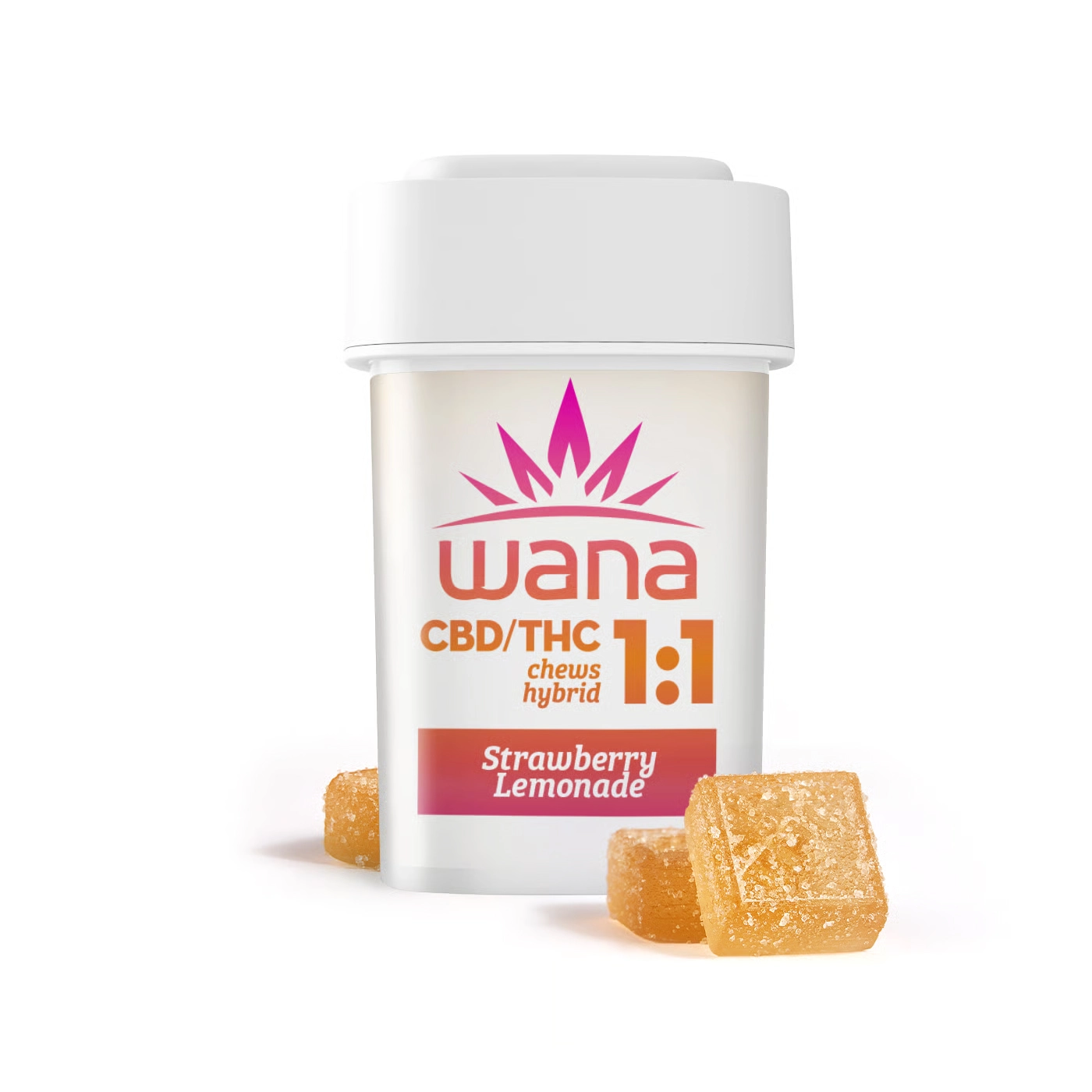


.webp)
.webp)
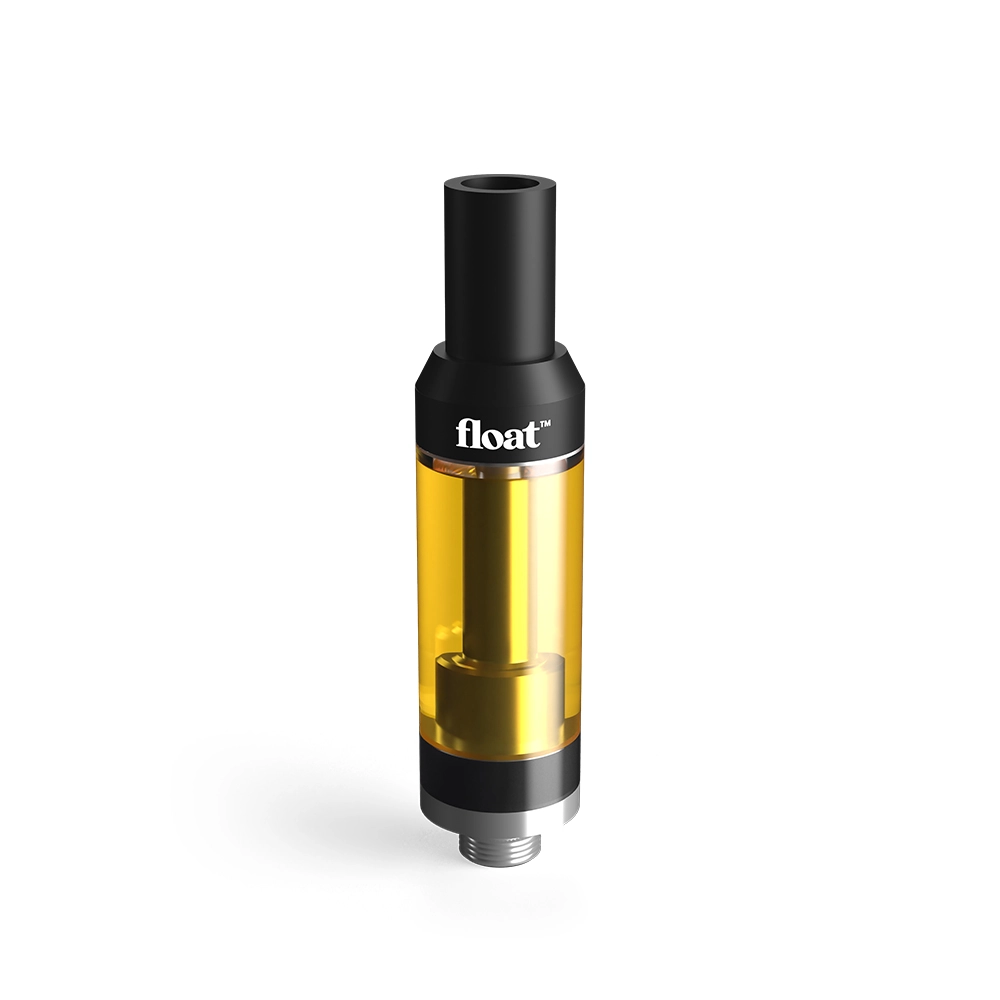
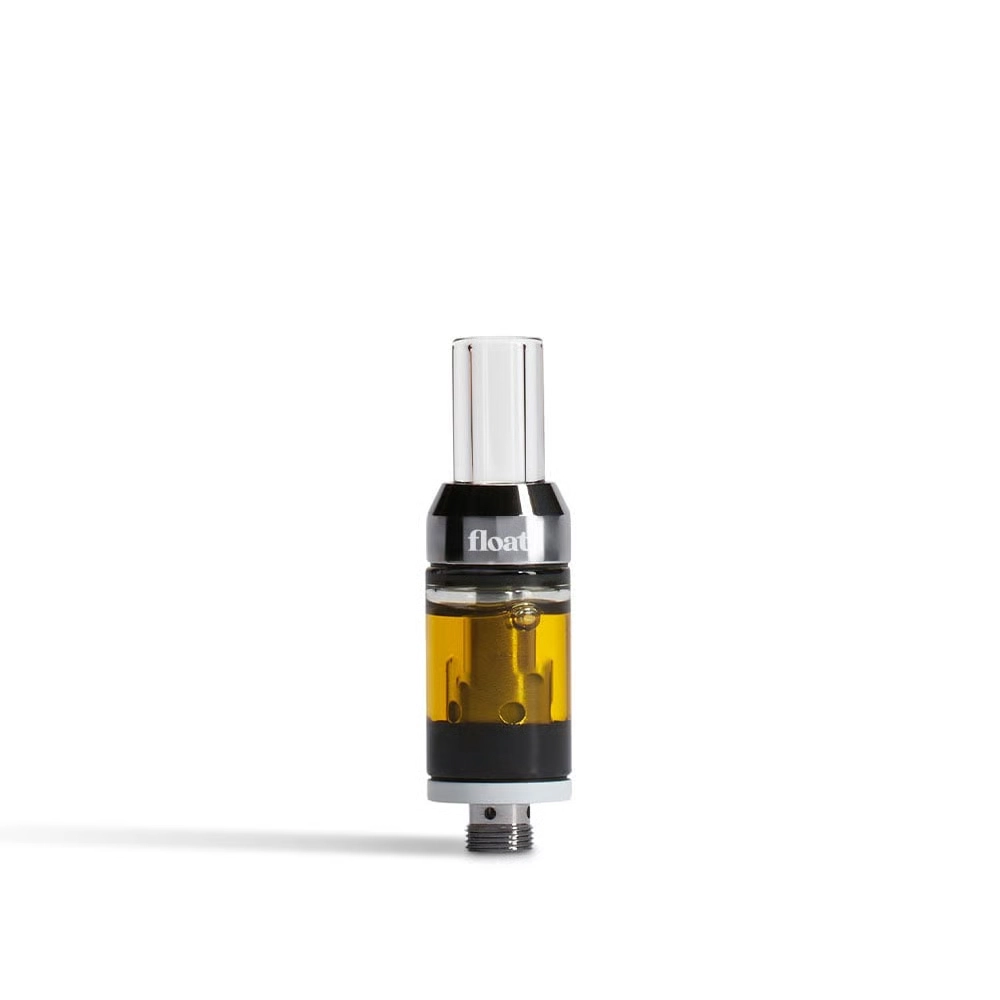

.jpeg)
.webp)

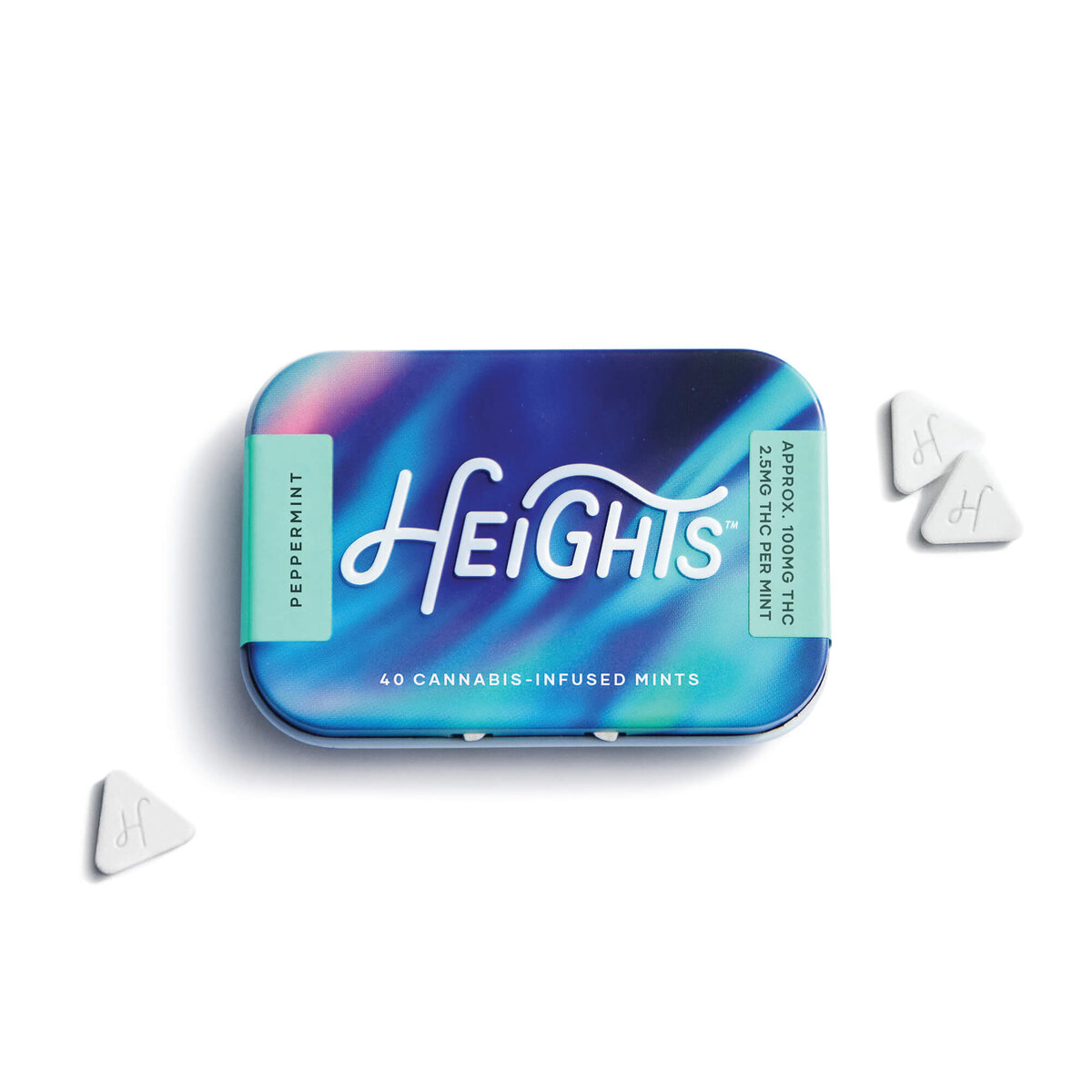









.webp)



